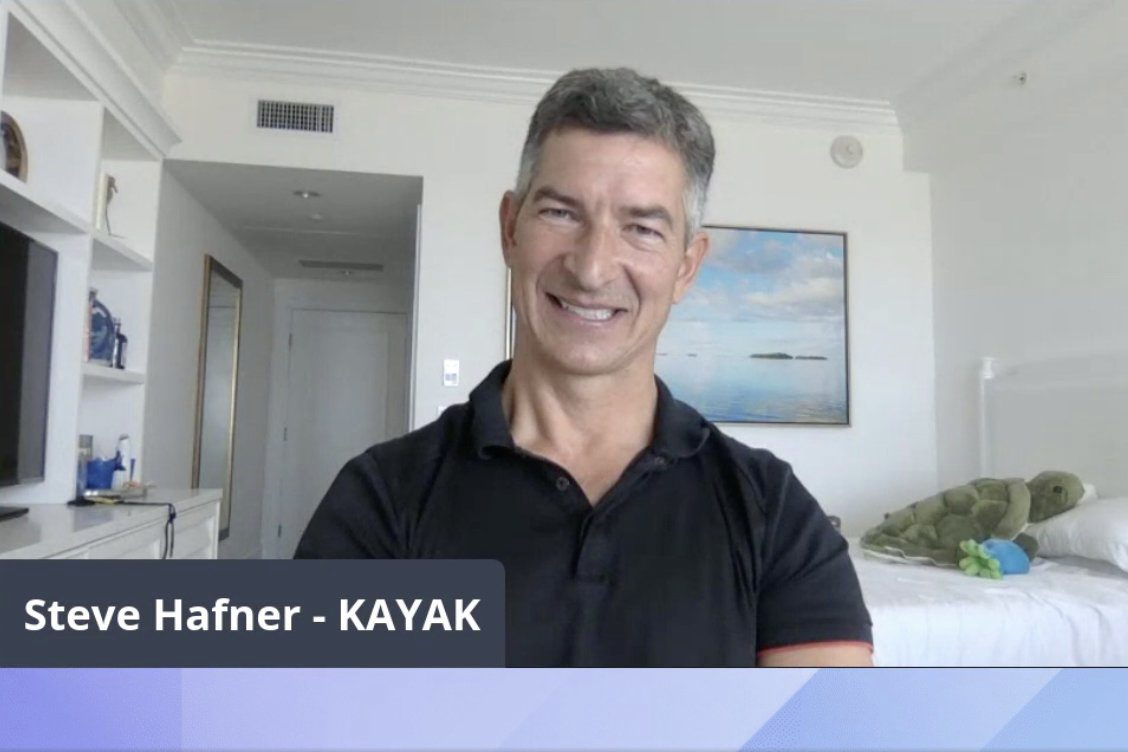Kayak CEO Says Metasearch Still Has Clout Despite Travel Industry's Direct Booking Push

Skift Take
The ever-lively Kayak CEO Steve Hafner said he expects a marketing blitz from Airbnb's rivals. Hafner also said Kayak is developing a property management system for independent and boutique hotels. This month, the metasearch company will push its business travel tools to 60 markets.
For consumers looking to book travel, the various online travel sites and apps look a lot alike. Yet Kayak.com was one of the early pioneers of a distinctive approach, where it compared the prices offered by airlines, hotels, and other suppliers side-by-side with offers from resellers like online travel agencies. So how are Kayak and the metasearch model faring at a time when the coronavirus pandemic has crimped travel, and short-term rentals have grown in popularity?
Kayak CEO Steve Hafner rejected the view that the importance of metasearch had declined in recent years when he spoke Wednesday at the Skift Live Online Travel and Distribution Summit.
"Meta will play just as important a role as it ever has, but the nuance is that the OTAs [online travel agencies] will perform better in the short run," Hafner said.
Hafner ack

